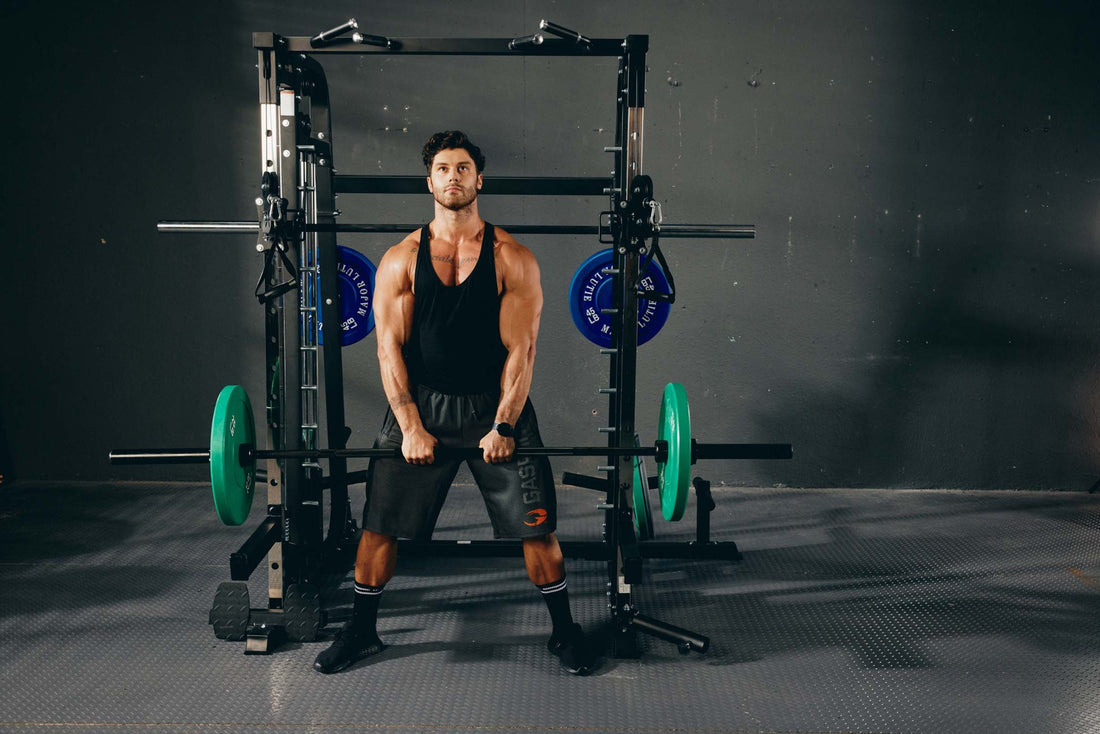
Are you ready to uncover the compelling differences between powerlifting vs strength training and how they can transform your fitness journey? If you've ever wondered which practice could best help you achieve monumental gains and peak physical prowess, this article is for you.
Defining Powerlifting: Testing Your Limits
Powerlifting is a competitive sport that tests an athlete's maximal strength through three primary lifts: the squat, bench press, and deadlift. The ultimate goal is to lift the heaviest possible weight in each lift, with competitors ranked based on their total combined weight across the three lifts.
One of the hallmarks of powerlifting is its focus on absolute strength. Unlike other forms of weight training that might blend cardio or endurance aspects, powerlifting is purely about how much weight you can move in a single, maximal effort.
Understanding Strength Training: Building Functional Power
Strength training, on the other hand, is a broader term encompassing various exercise forms designed to improve your muscular strength, endurance, and overall fitness. This can include free weights, resistance bands, bodyweight exercises, kettlebells, and traditional gym machines.
The primary objective of strength training is to make functional gains that enhance everyday activities, ranging from lifting heavy groceries to climbing stairs without discomfort. It is less about maximal lifts and more about overall muscle development, endurance, and boosting metabolic health.
Methodologies and Techniques
The methodologies in powerlifting vs strength training differ significantly. Let's break down the core elements:
- Powerlifting: Focuses on lifting heavy for low repetitions. Training regimens often include low-rep sets (1-5 reps) and long rest periods to ensure full muscle recovery.
- Strength Training: Typically involves higher reps (6-15) and shorter rest intervals. It may incorporate compound movements (e.g., squats, deadlifts) and isolation exercises (e.g., bicep curls) for well-rounded strength gains.
For powerlifting and strength training, you can use Major Fitness's Power Rack and Olympic barbell. The Power Rack provides safe and stable support, suitable for high-intensity strength training such as squats and bench presses; the Olympic barbell is sturdy and durable, supports various powerlifting training, and helps to comprehensively improve strength and muscle mass.

Advantages of Powerlifting
Why choose powerlifting? The sport offers several unique benefits:
- Increased Maximal Strength: Regularly lifting close to your maximum capacity can lead to impressive strength gains.
- Focus and Discipline: Powerlifting requires precision and a systematic approach, enhancing your mental resilience and dedication.
- Community and Competition: Engaging in powerlifting meets can foster a sense of camaraderie and provide goals to strive toward.
Benefits of Strength Training
Strength training is equally compelling for those with varied fitness goals:
- Versatility: It accommodates a wide range of exercises, allowing for a comprehensive fitness routine tailored to individual needs.
- Functional Strength: Helps improve daily life activities by enhancing muscular endurance and balance.
- Overall Health: Can aid in weight management, improve cardiovascular health, and reduce the risk of chronic diseases.
Which One Is Right for You?
Your choice between powerlifting vs strength training boils down to personal fitness goals and preferences:
- If you seek maximum strength and are interested in competitive lifting, powerlifting might be your ideal path.
- If you aim for overall muscular development and functional fitness, strength training offers a more versatile approach.
Both methods can provide substantial benefits, and they aren't mutually exclusive. Many lifters integrate elements of both into their routines to maximize results.
So, are you excited to transform your fitness regimen by diving into the world of powerlifting, strength training, or maybe even both? Explore these powerful disciplines, and discover the strategy that aligns best with your goals. Whether you're lifting for competition or general health, the journey promises to challenge your limits and redefine your strength.





















